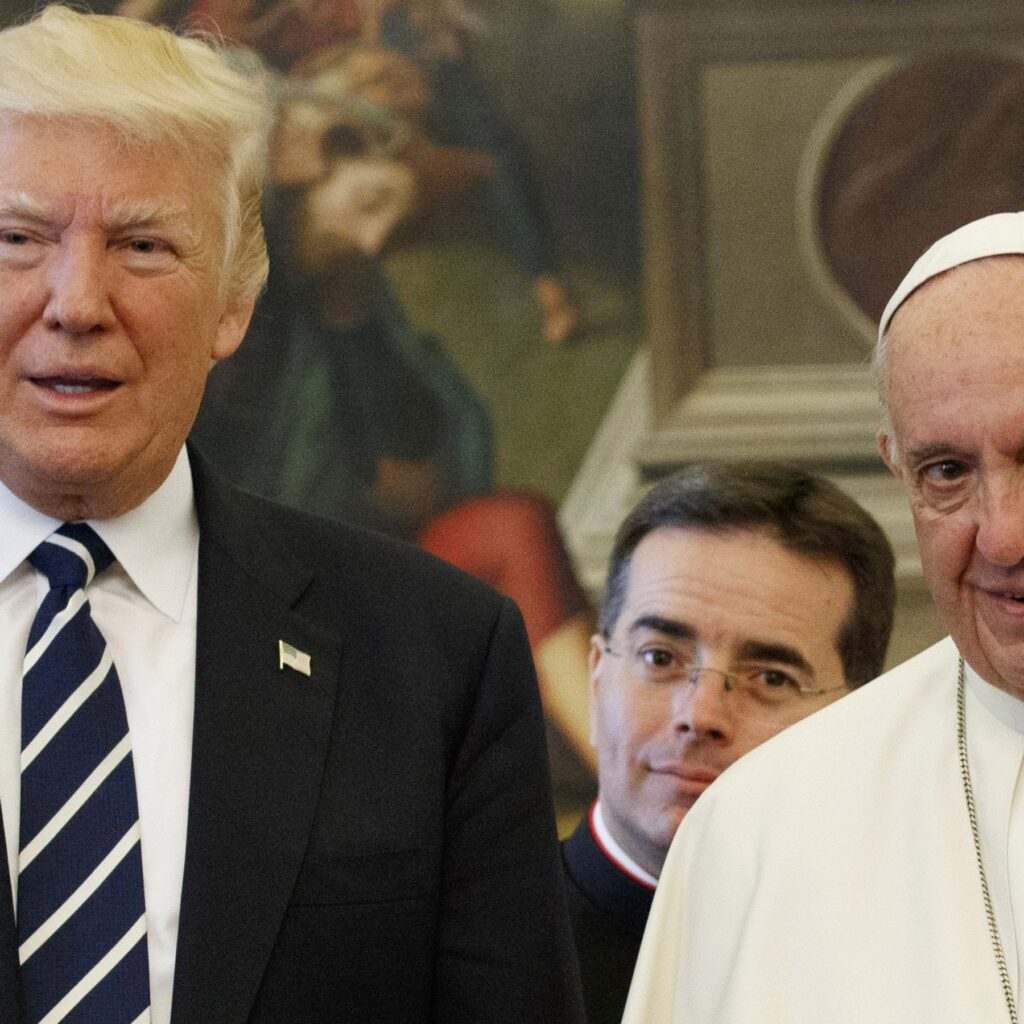Pope Francis, whose recent passing has prompted widespread calls for peace, particularly regarding the ongoing conflict in Gaza, leaves behind a complex and often challenging legacy of diplomatic engagement. While his final plea for restraint resonates deeply, it’s crucial to recognize that Pope Francis consistently challenged world leaders on issues ranging from human rights abuses and climate change to geopolitical tensions throughout his papacy. This article delves into a selection of notable instances where the pontiff publicly criticized or expressed disagreement with heads of state, highlighting the breadth of his advocacy and illustrating how his pronouncements sometimes sparked significant diplomatic friction.
Over the past decade, Pope Francis wasn’t shy about voicing his concerns directly. He frequently addressed the United Nations General Assembly, using these platforms to condemn authoritarian regimes, advocate for migrants and refugees, and urge nations to address systemic injustice. Notably, he engaged in direct criticism of leaders such as Vladimir Putin, repeatedly denouncing Russia’s annexation of Crimea and its invasion of Ukraine, calling on all parties to seek a peaceful resolution through dialogue. While the Vatican maintained channels of communication with Moscow, Francis made clear his disapproval of the conflict’s devastation.
Furthermore, Pope Francis consistently challenged China’s human rights record, particularly regarding the treatment of Uyghurs in Xinjiang and restrictions on religious freedom. His statements were often carefully worded but carried significant weight, straining relations between the Vatican and Beijing. Similarly, he expressed deep concern over Nicaragua’s political situation under Daniel Ortega’s regime, criticizing the government’s repression of dissent and undermining of democratic institutions. Francis repeatedly called for an end to violence and a return to dialogue.
In more recent years, Pope Francis addressed controversial issues such as the US withdrawal from the Paris Agreement on climate change, expressing his disappointment and urging governments to uphold their commitments. He also criticized Saudi Arabia’s human rights record following the murder of Jamal Khashoggi, demanding accountability and justice. His interventions weren’t always met with immediate or positive responses, yet they consistently demonstrated a commitment to upholding universal moral principles and advocating for vulnerable populations.
The legacy of these engagements is complex. While some saw them as courageous acts of moral leadership, others viewed them as unwarranted interference in sovereign affairs. Regardless, Pope Francis’s willingness to challenge powerful figures – including former US President Donald Trump, whose policies he criticized on issues ranging from immigration to environmental protection – solidified his reputation as a globally influential voice for peace and justice. His final call for peace in Gaza underscores the enduring relevance of these principles and highlights the ongoing need for international dialogue and compassion.

